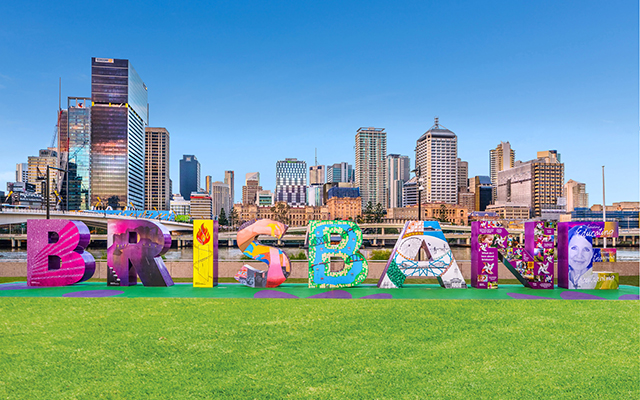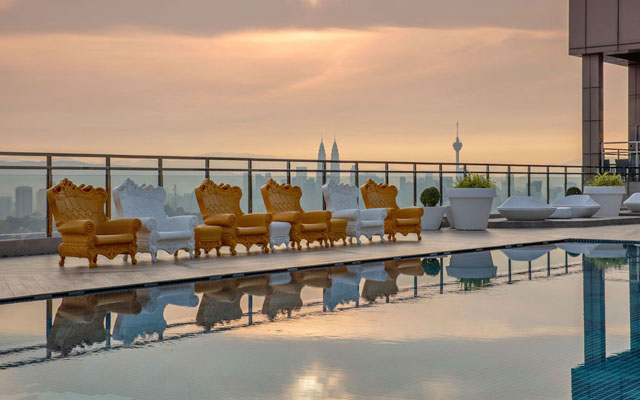 Clearly, there’s a wide gap between how Thai sellers and buyers perceive a military intervention in Thailand. The former sees it as a measure towards certainty. For the latter it has uncertainty written all over it.
Clearly, there’s a wide gap between how Thai sellers and buyers perceive a military intervention in Thailand. The former sees it as a measure towards certainty. For the latter it has uncertainty written all over it.
When the Thai army invoked martial law on May 20, followed by a military coup two days later, many Thai hoteliers, DMCs and PCOs described the move as being “actually good” in as far as its intention to restore peace and order in the country, which has been embroiled in a political stand-off for seven months, goes.
They were at pains to explain there is nothing sinister about a coup in Thailand, that its people are going about working, dining, shopping as normally as ever. Thai sellers interviewed at IMEX in Frankfurt the day martial law was imposed – the same day the show opened – said they were not surprised at all, although they thought it might be imposed a bit later.
Buyers, on the other hand, were shocked.
Clearly, there’s a wide gap between how Thai sellers and buyers perceive a military intervention in Thailand. The former sees it as a measure towards certainty, and something that is so normal in Thailand – after all it’s the 19th coup. For the latter, a coup has the word uncertainty written all over it and is anything but normal.
Fact is, words like ‘coup d’etat’, ‘martial law’, ‘curfew’, ‘banned’, ‘black-out’ are all negative, despite their impositions in Thailand bringing some positive effects for the industry (for example, at writing time, the protests had stopped). Can we blame any tourist for hesitating to visit when he sees that there’s a curfew from midnight to 04.00, that he can’t gather with a group of five friends as there’s a ban on that, that it is strongly recommended he allocates at least three hours of travel time to the airport and stay updated with traffic news to avoid missing his flights, that International SOS has advised to defer non-essential travel to Bangkok, that several countries have also issued travel advisories for Thailand, including Malaysia, India, Singapore and Ireland? Too hard.
In today’s world of travel being a click and low-cost air seat away, recovery is irrelevant. As Bill Barnett, managing director of C9 Hotelworks, said: “Cycles are gone, and there is now only action and reaction.”
The military intervention will hurt leisure and MICE arrivals further in the next few months. What the Thai industry needs to do is swallow this bitter pill and focus its energies on positive actions that will enable it to compete effectively in the long term.
Use the time, for example, to rally the government to ease visa restrictions on markets such as China – look at how destinations such as Japan and the US are reaping rewards of easing entry requirements. Invest on training and raising the professionalism and morale of service staff. Clean up and beautify Bangkok. Review Thailand’s brand image to see if it speaks to a wider audience, not just tourists but investors. Be creative with marketing – how about an attractive rate for airline staff, hoteliers, travel agencies and other industry members in ASEAN to holiday in Thailand?
Oh yes, make people laugh too, to defuse the tension. I simply love Swissôtel Le Concorde Bangkok’s Curfew Rate which came out the day after the coup.


 Clearly, there’s a wide gap between how Thai sellers and buyers perceive a military intervention in Thailand. The former sees it as a measure towards certainty. For the latter it has uncertainty written all over it.
Clearly, there’s a wide gap between how Thai sellers and buyers perceive a military intervention in Thailand. The former sees it as a measure towards certainty. For the latter it has uncertainty written all over it.













